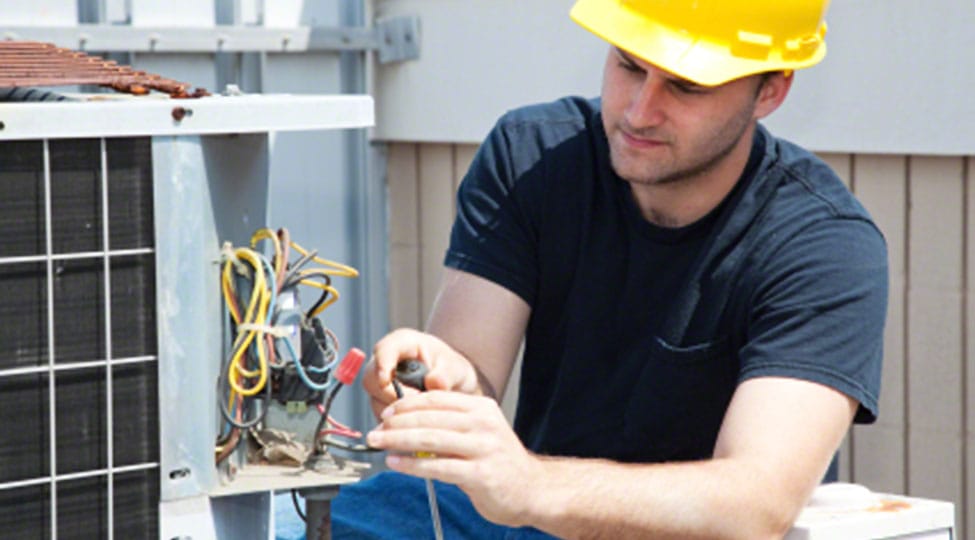
Learning about HVAC systems
With winter here, businesses that provide heating and cooling are doing well. What, though, does HVAC actually mean? Why do you require services for heat pump repair? You must consider all of these before making an HVAC purchase. You must get intimately familiar with these technologies due to their extensive use.
The HVAC industry is still growing despite its immense popularity. The various advantages of contemporary air conditioners and their energy efficiency have come to the attention of more people in recent years.
Therefore, don’t be concerned; we are here to assist you in learning about HVAC units!
HVAC systems relate to ventilation, heating, and air conditioning systems together. Without them, both residential and commercial building would be lacking. Not to add that they are used in several industrial structures, including factories and warehouses.
An HVAC unit is necessary to control temperature, humidity, and air quality. Additionally, the interior has a friendly vibe.
According to the SBA, 40% of all energy used by small companies in the US is for HVAC systems. Consequently, building owners’ top priorities include cutting costs and lowering greenhouse gas emissions.
Different HVAC heating systems that you can find in the market
Systems for heating and ventilation can be set up in many different ways. We’re only going to talk about the most common types in this piece to keep things easy. Here are a few instances:
Centrally programmable
When there is not enough room in the building to keep separate components, these systems are used. These systems are therefore all housed within a single unit. Both automatic and manual varieties are available. Therefore, the complete HVAC system will malfunction if the core component develops a flaw. One of its main drawbacks is that.
Automated processes
As the name implies, a single centralized heating system handles all of an area’s HVAC needs. It is often restricted to a certain area. In this system, water is employed as a cooling medium, along with extensive dust-work. Simply said, these systems are capable of better managing and controlling their workloads.
Larger locations like warehouses and other sectors are good candidates for automated solutions. This is due to the extremely intricate controls and substantial independence of these systems. As a result, you won’t need to bother about changing the settings all the time. These systems are expertly controlled using top-of-the-line thermostats and cutting-edge controls.
Dispersed systems
Decentralized systems distribute energy among a number of units placed all throughout the building. Rooftop systems are a few common examples of this kind of machinery.
The fact that these gadgets are so user-friendly is their main advantage. They also demand a lower upfront investment. These systems might be a problem, though, if they are dispersed around the building. This is the right way of implementation since it is more expensive to replace several systems at once than it is to use a single device to manage the entire area. The other units will keep the area cool even if one of them malfunctions. This is a significant benefit of these units.
Conclusion
Make sure you have budgeted for sporadic repairs and maintenance if you are intending to purchase an HVAC equipment. Dealing with HVAC unit maintenance is one of the biggest downsides. With every domestic and commercial gadget, you must, however, handle this.
So, what are you waiting for? All of your machinery need maintenance and repairs on a regular basis. Get maintenance from heat pump repair services Long Beach this winter before to keep your house warm. If you keep using an outdated system, you could have to pay a lot of money for repairs.
